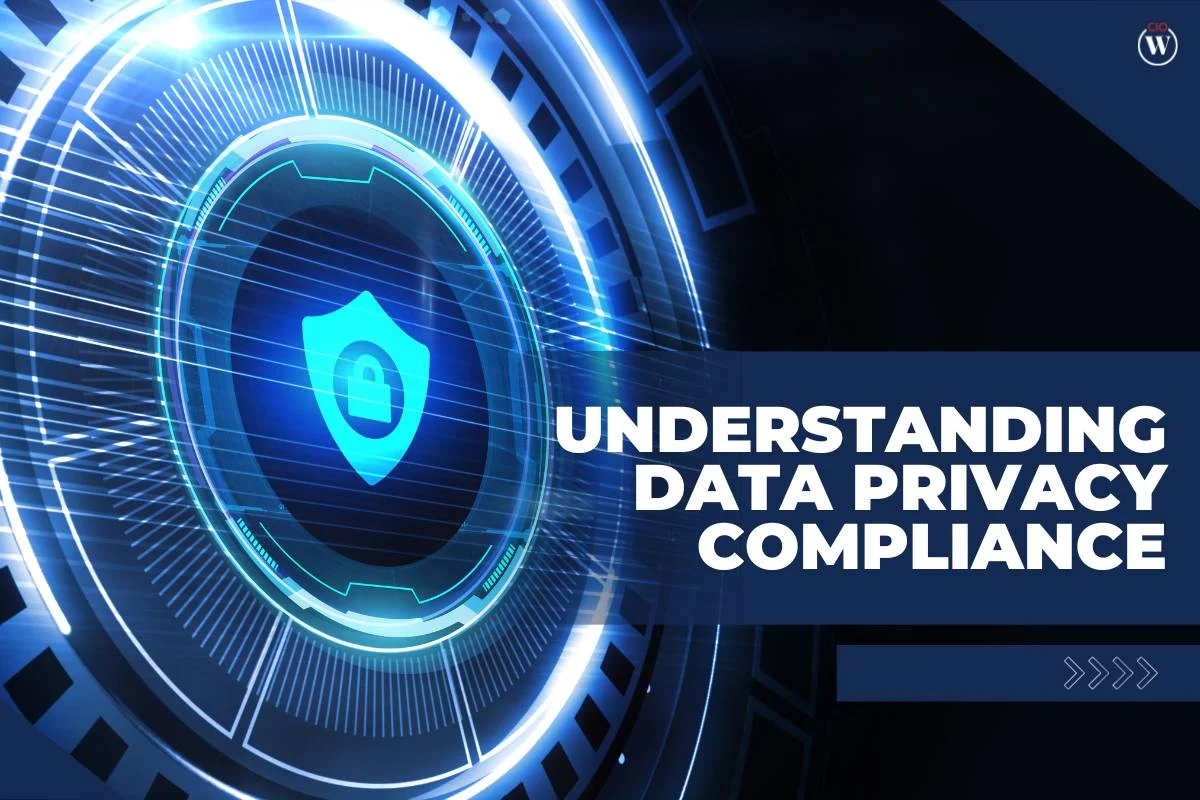In the digital age, where e-commerce has become an integral part of everyday life, data privacy compliance stands as a critical cornerstone for businesses. The exponential growth of online transactions has magnified the importance of safeguarding customer data and adhering to stringent privacy regulations. This article will delve into the multifaceted realm of data privacy compliance in e-commerce, exploring the challenges, regulations, best practices, and emerging trends shaping the landscape.
Understanding Data Privacy Compliance
Data privacy compliance refers to the set of regulations, standards, and practices that govern how businesses collect, process, store, and protect personal data of their customers. In the context of e-commerce, personal data encompasses a wide array of information, including but not limited to, names, addresses, payment details, browsing history, and preferences.
Challenges in E-commerce Data Privacy Compliance
E-commerce businesses encounter numerous challenges in achieving and maintaining data privacy compliance:
- Global Regulatory Landscape: E-commerce operates on a global scale, necessitating compliance with a myriad of data protection laws such as GDPR (General Data Protection Regulation) in Europe, CCPA (California Consumer Privacy Act) in the United States, and PDPA (Personal Data Protection Act) in Singapore. Navigating these diverse and sometimes conflicting regulations poses a significant challenge for multinational e-commerce enterprises.
- Data Security Risks: The proliferation of cyber threats and data breaches pose a constant threat to e-commerce businesses. Unauthorized access to customer data can lead to financial losses, reputational damage, and legal ramifications. Implementing robust cybersecurity measures is imperative to mitigate these risks.
- Data Collection and Consent: E-commerce platforms often collect vast amounts of customer data to personalize user experiences and drive targeted marketing campaigns. However, obtaining explicit consent for data collection and ensuring transparency in data usage practices can be challenging, especially in light of evolving consumer expectations and regulatory requirements.
- Third-Party Dependencies: E-commerce ecosystems rely heavily on third-party service providers for various functions such as payment processing, logistics, and analytics. However, entrusting sensitive customer data to third parties increases the risk of data exposure and regulatory non-compliance. E-commerce businesses must carefully vet and manage their third-party relationships to ensure adherence to data privacy standards.
Regulatory Frameworks in E-commerce Data Privacy
Several key regulatory frameworks shape data privacy compliance in e-commerce:
- General Data Protection Regulation (GDPR): Enforced by the European Union (EU), GDPR sets stringent requirements for data protection and privacy, applying to all businesses that process the personal data of EU residents, regardless of their location.
- California Consumer Privacy Act (CCPA): CCPA grants California residents greater control over their personal information held by businesses, including the right to know what data is collected and shared, the right to opt-out of data sales, and the right to request deletion of their data.
- Personal Data Protection Act (PDPA): PDPA is Singapore’s comprehensive data protection law aimed at safeguarding individuals’ personal data against misuse and unauthorized disclosure. It imposes obligations on organizations to obtain consent for data collection, use, and disclosure, as well as to implement data protection measures.
- Payment Card Industry Data Security Standard (PCI DSS): PCI DSS is a global standard that applies to businesses that process credit card payments. It mandates strict security measures to protect cardholder data and prevent payment card fraud.
Best Practices for E-commerce Data Privacy Compliance
To navigate the complex landscape of data privacy compliance in e-commerce, businesses can adopt the following best practices:
- Data Minimization: Collect only the necessary data required to fulfill business objectives and minimize the retention period for personal data.
- Transparency and Consent: Clearly communicate with customers about data collection practices, obtain explicit consent for data processing activities, and provide mechanisms for users to opt-out or withdraw consent.
- Security Measures: Implement robust cybersecurity measures, including encryption, access controls, regular security audits, and employee training to mitigate the risk of data breaches.
- Third-Party Due Diligence: Conduct thorough due diligence assessments of third-party vendors and service providers to ensure compliance with data privacy regulations and contractual obligations.
- Data Subject Rights: Establish processes to facilitate data subject rights, including the right to access, rectification, erasure, and data portability, in accordance with applicable regulations.
- Data Protection by Design and Default: Integrate privacy considerations into the design and development of e-commerce systems and applications, adopting privacy-enhancing technologies and practices from the outset.
Emerging Trends in E-commerce Data Privacy
As technology and consumer preferences continue to evolve, several emerging trends are shaping the landscape of data privacy compliance in e-commerce:
- AI-driven Personalization: E-commerce businesses are increasingly leveraging artificial intelligence (AI) and machine learning algorithms to deliver personalized shopping experiences. However, ensuring transparency and accountability in AI-driven decision-making processes while respecting user privacy remains a challenge.
- Blockchain Technology: Blockchain technology holds the potential to revolutionize data privacy in e-commerce by enabling secure and transparent transactions without the need for intermediaries. Blockchain-based solutions can enhance data integrity, authentication, and decentralized identity management.
- Privacy-Preserving Technologies: Innovations such as differential privacy, homomorphic encryption, and secure multi-party computation offer promising avenues for preserving data privacy while enabling data analysis and collaboration in e-commerce environments.
- Regulatory Evolution: The regulatory landscape for data privacy is continuously evolving, with new laws and regulations being proposed or enacted globally. E-commerce businesses must stay abreast of these developments and adapt their compliance strategies accordingly to avoid regulatory penalties and reputational damage.
Conclusion
Data privacy compliance in e-commerce represents a complex and dynamic challenge for businesses operating in an increasingly digital world. By understanding the regulatory frameworks, implementing best practices, and embracing emerging trends, e-commerce enterprises can navigate this landscape effectively while building trust with their customers and safeguarding their sensitive data. In an era where data privacy is paramount, prioritizing compliance is not only a legal obligation but also a strategic imperative for sustainable business success.
